Home>Garden Essentials>What’s The Difference Between Hybrid And Heirloom Seeds
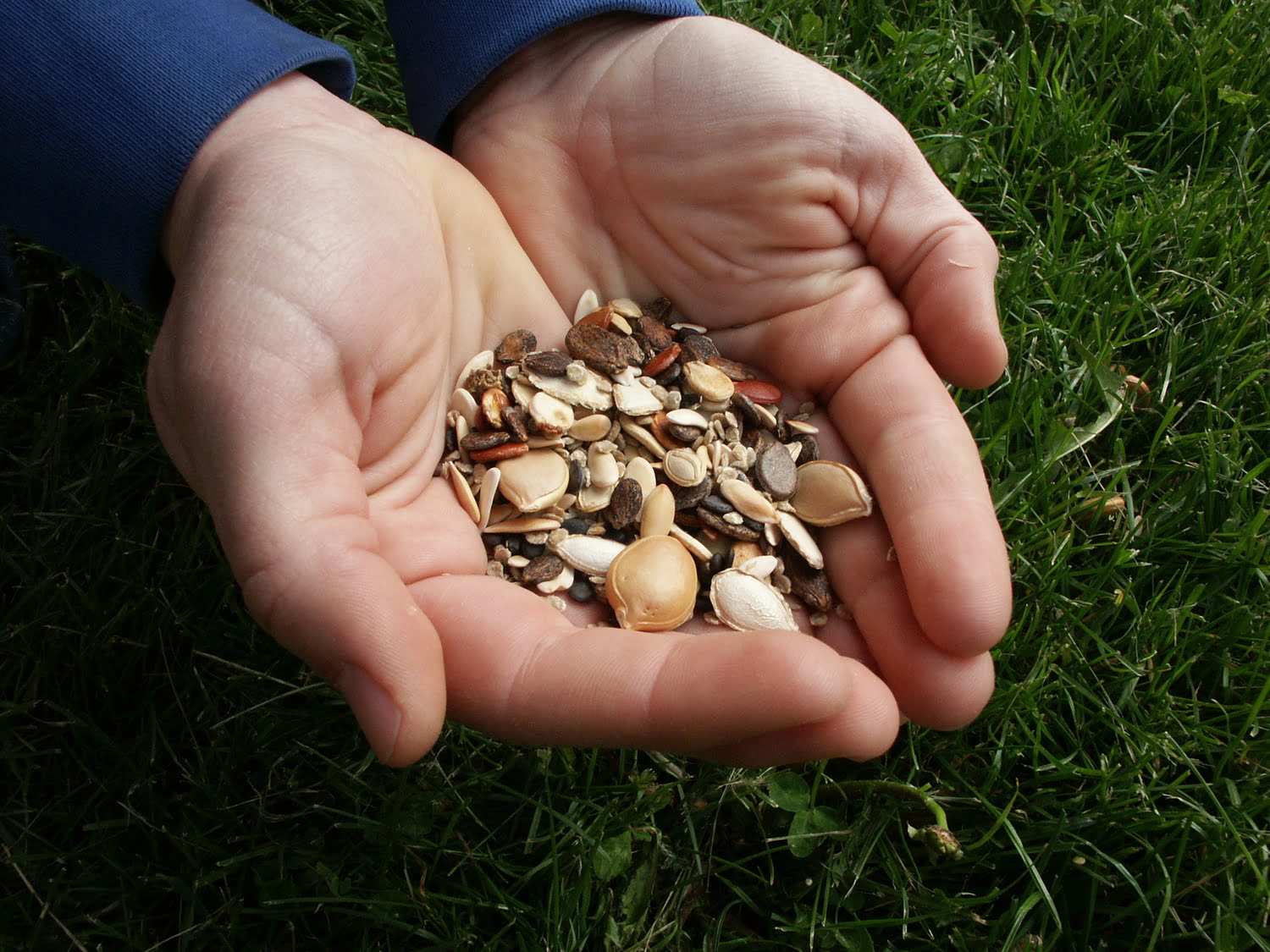

Garden Essentials
What’s The Difference Between Hybrid And Heirloom Seeds
Modified: October 19, 2024
Discover the difference between hybrid and heirloom seeds for your garden. Find out which type is best for your gardening needs.
(Many of the links in this article redirect to a specific reviewed product. Your purchase of these products through affiliate links helps to generate commission for Storables.com, at no extra cost. Learn more)
Introduction
Welcome to the world of gardening, where the possibilities for cultivating a thriving and beautiful garden are endless. If you’re new to the gardening scene, you may find yourself wondering about the different types of seeds available and which ones are best suited for your needs. Two popular options you will come across are hybrid seeds and heirloom seeds.
In this article, we will explore the characteristics, pros, and cons of both hybrid and heirloom seeds, and provide you with the information you need to make an informed decision when it comes to choosing the right seeds for your garden.
Before we dive into the specifics, let’s clarify what hybrid and heirloom seeds actually are.
Key Takeaways:
- Hybrid seeds offer consistent traits, high productivity, and disease resistance, making them ideal for commercial growers and those seeking reliable crop yields.
- Heirloom seeds provide genetic diversity, historical significance, and unique flavors, appealing to gardeners who value heritage and enjoy diverse and flavorful produce.
Definition of Hybrid Seeds
Hybrid seeds are created by crossing two different plant varieties with desirable traits to produce offspring with improved characteristics. This process is known as hybridization. Plant breeders carefully select the parent plants for their desired traits, such as disease resistance, increased yield, or improved flavor. The resulting hybrid seeds often exhibit traits like uniformity, vigor, and high productivity, making them a popular choice for commercial growers.
Hybrid seeds are typically labeled as F1, which stands for the first filial generation. This indicates that the seeds are the offspring of the cross between two different parent plants. The hybridization process ensures that the desired traits are passed down to the next generation consistently.
It’s important to note that hybrid seeds are not genetically modified organisms (GMOs). They are created through cross-breeding using traditional methods, rather than through genetic engineering or manipulation.
Hybrid seeds can be found for a wide range of crops, including vegetables, flowers, and fruits. They are often bred to have improved disease resistance, uniformity in size and shape, increased yield, and better adaptability to specific growing conditions.
Next, let’s explore the characteristics of hybrid seeds to understand their unique qualities.
Characteristics of Hybrid Seeds
Hybrid seeds possess several distinct characteristics that set them apart from other types of seeds. Here are some of the key features of hybrid seeds:
- Uniformity: One of the main advantages of hybrid seeds is the uniformity of the resulting plants. The hybridization process ensures that the offspring exhibit consistent traits, such as size, shape, and color. This uniformity is beneficial for commercial growers who require consistency in their crops.
- Vigor: Hybrid seeds often have greater vigor compared to their parent plants and other types of seeds. This vigor leads to faster growth, increased productivity, and overall healthier plants. Hybrids are known to have higher resistance to diseases and pests, allowing them to thrive even in challenging environments.
- Increased Yield: Another advantage of hybrid seeds is their ability to produce higher yields compared to non-hybrid varieties. Hybridization focuses on improving traits related to yield, such as larger fruits, more flowers, or a higher number of seeds. This increased productivity is particularly beneficial for farmers and home gardeners looking to maximize their harvest.
- Adaptability: Hybrid seeds are often bred with specific environmental conditions in mind, making them adaptable to various climates, soils, and growing conditions. This adaptability ensures that hybrids can thrive in different regions, enabling gardeners to grow a wide variety of crops.
- Uniform Ripening: Hybrid seeds are designed to have fruits or vegetables that ripen at a similar rate, making harvesting more efficient and convenient. This uniform ripening allows for easier crop management and harvesting, especially for large-scale operations.
These characteristics make hybrid seeds a popular choice for commercial growers and farmers who prioritize high productivity, uniformity, and disease resistance. However, it’s important to consider the pros and cons of hybrid seeds before making a decision, which we will explore in the next section.
Pros and Cons of Hybrid Seeds
Before deciding to use hybrid seeds in your garden, it’s important to consider the pros and cons. Here are some advantages and disadvantages of using hybrid seeds:
Pros of Hybrid Seeds:
- Increased Productivity: One of the main advantages of hybrid seeds is their ability to produce higher yields compared to non-hybrid varieties. This increased productivity can be attributed to the carefully selected parent plants with desirable traits.
- Disease Resistance: Hybrid seeds are often bred to have improved disease resistance, making them more resilient against common plant diseases. This can help reduce the need for chemical pesticides, making them a more environmentally-friendly choice.
- Uniformity: The uniformity of hybrid plants ensures consistent size, shape, and color, which is beneficial for commercial growers and those who value visual appeal. It allows for easier management, harvesting, and packaging.
- Adaptability: Hybrid seeds are bred for specific growing conditions, making them adaptable to different climates and soils. This makes them suitable for a wide range of regions, allowing gardeners to experiment with various crops.
- Improved Traits: Hybrid seeds often exhibit desirable traits such as taste, texture, or aroma. This improvement in quality can enhance the overall gardening experience and produce more flavorful fruits and vegetables.
Cons of Hybrid Seeds:
- Dependency on Seed Suppliers: Hybrid seeds cannot be saved and replanted as the traits do not reliably pass on to subsequent generations. This creates a dependency on seed suppliers, as gardeners need to purchase new hybrid seeds for each planting season.
- Higher Cost: Hybrid seeds are often more expensive compared to non-hybrid varieties. The investment in hybrid seeds may be higher, especially for larger gardens or commercial operations.
- Limited Genetic Diversity: Hybrid seeds are created from cross-breeding a limited number of parent plants, which can lead to a reduced genetic diversity. This may result in a loss of adaptability and resilience in the long term.
- Unpredictability in Succession: When hybrid seeds are replanted, the offspring may not exhibit the exact same characteristics as the parent plants. This unpredictability in succession can be a disadvantage for gardeners who seek consistency year after year.
Considering these pros and cons will help you make an informed decision when choosing whether to use hybrid seeds in your garden or not. Now, let’s explore the definition of heirloom seeds.
Definition of Heirloom Seeds
Heirloom seeds are open-pollinated seeds that have been passed down through generations of gardeners and are often associated with a sense of heritage and history. These seeds have a rich and storied past, with some varieties dating back over 50 years or even centuries. Heirloom seeds have maintained their unique traits and characteristics due to careful selection and preservation by dedicated gardeners.
Unlike hybrid seeds, heirloom seeds are open-pollinated, meaning they are pollinated by natural means, such as wind, insects, or birds. This natural pollination process allows for genetic diversity and the preservation of unique traits. Heirloom plants produce seeds that, when saved and replanted, will reliably produce offspring with the same traits as the parent plant.
Heirloom seeds are often associated with specific regions or cultural traditions. They have become cherished for their flavor, unusual colors, and diverse shapes. Many gardeners value heirloom seeds for their historical significance and the stories they carry, as growing these plants connects us to the agricultural practices of the past.
It’s important to note that heirloom seeds are not necessarily organic or non-GMO. While many heirloom varieties are grown using organic practices, it’s essential to verify the certification or growing practices of the specific seeds if that is a priority for you.
Now that we understand the definition of heirloom seeds, let’s explore their characteristics.
Characteristics of Heirloom Seeds
Heirloom seeds possess several characteristics that set them apart from other types of seeds. These characteristics contribute to their popularity among gardeners who appreciate their unique qualities. Here are some key features of heirloom seeds:
- Genetic Diversity: Unlike hybrid seeds that have limited genetic diversity, heirloom seeds have a wide range of genetic variations within a specific plant variety. This diversity is a result of their open-pollination process, allowing them to adapt to different growing conditions and climates.
- Distinctive Traits: Heirloom seeds often exhibit distinctive traits that have been preserved over generations. These traits can include unique flavors, vibrant colors, unusual shapes, and interesting textures. Gardeners value the diversity and character that heirloom plants bring to their gardens.
- Historical and Cultural Significance: Heirloom seeds carry with them a sense of history and cultural heritage. Many heirloom varieties have been passed down through families or specific regions for generations, connecting gardeners to the agricultural practices of the past.
- Longevity: Some heirloom seeds have stood the test of time, demonstrating their adaptability and resilience. These varieties have survived and thrived over the years, and continue to be cultivated by gardeners today.
- Seed Saving: Heirloom seeds are prized for their ability to reproduce true to type, meaning the offspring will have the same traits as the parent plant. Gardeners can save seeds from heirloom plants and replant them in subsequent years, thus preserving the genetic integrity of the variety.
The unique characteristics of heirloom seeds make them a popular choice among gardeners who appreciate the diversity and historical significance they bring to their gardens. However, it’s important to consider the pros and cons of heirloom seeds before deciding whether to incorporate them into your garden, which we will explore next.
Pros and Cons of Heirloom Seeds
When considering whether to use heirloom seeds in your garden, it’s important to weigh the pros and cons. Here are some advantages and disadvantages of using heirloom seeds:
Pros of Heirloom Seeds:
- Genetic Diversity: Heirloom seeds offer a wide variety of genetic traits within a specific plant variety. This diversity can enhance resilience and adaptability to different growing conditions and climates.
- Historical Significance: Heirloom seeds have a rich history and cultural significance. Growing heirloom plants allows you to connect to the agricultural practices and traditions of the past, preserving cultural heritage.
- Taste and Flavor: Heirloom varieties are often renowned for their exceptional flavor profile. These seeds have been selected over generations for their taste, and many gardeners appreciate the unique and delicious flavors they bring to their dishes.
- Seed Saving: Unlike hybrid seeds, heirloom seeds can be saved and replanted year after year, allowing gardeners to become self-reliant and maintain the integrity of the variety.
- Preserving Biodiversity: By growing heirloom seeds, you contribute to the preservation of plant biodiversity. Many heirloom varieties have become rare or endangered, and by cultivating them, you help protect these unique plants from extinction.
Cons of Heirloom Seeds:
- Variable Traits: Heirloom seeds can exhibit a range of traits, including variations in size, shape, and yield. This variability may not be suitable for commercial growers or those seeking consistent characteristics every season.
- Lower Disease Resistance: In some cases, heirloom seeds may have less resistance to pests and diseases compared to hybrid varieties. This could require additional care and management to protect the plants from potential threats.
- Availability: While there is a growing interest in heirloom seeds, they may not be as readily available as hybrid seeds. Finding a specific heirloom variety may require research or purchasing from specialized seed sources.
- Longer Growing Period: Some heirloom varieties may have a longer growing period compared to hybrid varieties, which can extend the time required to reach maturity and harvest.
- Less Uniformity: Heirloom plants may exhibit greater variation in size, shape, and color compared to hybrid varieties. This can be visually appealing for some gardeners, but may not meet the standards of commercial or uniformity-focused operations.
Considering these pros and cons will help you determine whether heirloom seeds are the right choice for your garden. Now, let’s compare hybrid and heirloom seeds to further understand their differences.
Comparison between Hybrid and Heirloom Seeds
When it comes to choosing between hybrid and heirloom seeds, understanding the key differences between them is crucial. Here is a comparison of hybrid and heirloom seeds:
Genetic Makeup:
Hybrid seeds are created by crossing two different parent plants to produce offspring with specific traits. They are intentionally bred for uniformity, productivity, and disease resistance. Heirloom seeds, on the other hand, are open-pollinated and have been passed down for generations, maintaining their genetic traits and diversity.
Read more: What Are Heirloom Seeds
Trait Consistency:
Hybrid seeds tend to exhibit consistent traits, such as size, shape, and color. This uniformity is desirable for commercial growers. Heirloom seeds, however, may have more variation in their traits, making them visually diverse and unique in appearance.
Availability:
Hybrid seeds are widely available and can be purchased from various seed sources. They are often produced in larger quantities to meet the demands of commercial farming. Heirloom seeds, although gaining popularity, may be harder to find and may require research or purchasing from specialized seed suppliers.
Disease Resistance:
Hybrid seeds are bred for improved disease resistance, making them less vulnerable to common plant diseases. Heirloom seeds may have less initial resistance to diseases, requiring more care and management to protect the plants.
Cost:
Hybrid seeds are often more expensive than heirloom seeds due to the research and development that goes into their production. Heirloom seeds, on the other hand, are generally more affordable and can even be saved and exchanged among gardeners.
Historical Significance and Flavor:
Heirloom seeds are cherished for their historical significance and the stories they carry. They are known for their exceptional flavors and unique taste, which can be a standout feature for gardeners seeking diverse and delicious produce.
Growing Conditions and Adaptability:
Hybrid seeds are often bred to be adaptable to specific growing conditions, such as climate and soil type. Heirloom seeds, with their genetic diversity, can also adapt to a range of growing conditions and climates, making them flexible in various gardening environments.
Ultimately, the choice between hybrid and heirloom seeds depends on your gardening goals, preferences, and the specific requirements of your garden. Assessing factors like trait consistency, disease resistance, availability, cost, and historical significance will help guide you in making the right decision.
Factors to Consider when Choosing Seeds
When it comes to selecting seeds for your garden, there are several important factors to consider. Each gardener has unique needs and preferences, so taking the following factors into account will help you make a well-informed decision:
Garden Purpose:
Determine the purpose of your garden. Are you growing for personal consumption, beauty and aesthetics, or for a specific project? Understanding the purpose will guide you in choosing the right seeds, whether it’s for growing vegetables, flowers, herbs, or a combination of different plants.
Your Growing Conditions:
Take into consideration the specific conditions in your gardening space. Factors such as climate, soil quality, amount of sunlight, and available space will impact the success of your garden. Some seeds are better suited for certain conditions and choosing varieties that thrive in your specific growing conditions will increase your chances of success.
Gardening Experience:
Consider your level of gardening experience. Some seeds may require more attention and care, while others are more forgiving and easier to grow. If you are a beginner, it may be beneficial to start with seeds that are known to be resilient and less demanding.
Flavor and Preference:
If you are growing edible crops, taste and flavor are essential considerations. Decide on the flavors and textures that appeal to you, whether it’s sweet, tangy, spicy, or mild. Research specific varieties known for their exceptional taste and select seeds that align with your preferences.
Seed Source:
Choose a reliable and reputable seed source. Look for trusted seed companies that provide high-quality seeds, maintain ethical practices, and offer a wide range of varieties. Reading reviews and seeking recommendations from experienced gardeners can help you find trustworthy seed sources.
Seed Type:
Consider the type of seeds you want to grow. This could be hybrid seeds, which offer uniformity and built-in traits, or heirloom seeds, which boast history, diversity, and unique flavors. Each seed type has its advantages and disadvantages, so weigh your preferences and gardening goals to make an informed decision.
Goals and Sustainability:
Reflect on your goals for the garden. Are you aiming for a sustainable and environmentally-friendly approach? If so, consider seeds that are organically grown, non-GMO, or open-pollinated. This promotes biodiversity, seed saving, and reduces reliance on synthetic chemicals.
By considering these factors, you can choose seeds that align with your gardening goals, preferences, and the unique conditions of your garden. Remember that experimentation, learning, and adaptation are all part of the gardening journey, so embrace the process and enjoy the rewards that come with nurturing your own plants.
Conclusion
Choosing the right seeds for your garden is a crucial step towards a successful and rewarding gardening experience. Understanding the differences between hybrid and heirloom seeds, along with considering various factors, will help you make an informed decision.
Hybrid seeds offer uniformity, increased productivity, and disease resistance. They are a popular choice for commercial growers and those seeking consistent traits in their crops. On the other hand, heirloom seeds provide genetic diversity, historical significance, and unique flavors. They are cherished by gardeners who appreciate the rich heritage and stories that come with these seeds.
When making your seed selection, take into account the purpose of your garden, your specific growing conditions, your gardening experience, and your flavor preferences. Consider factors such as seed availability, cost, and the sustainability of your choices. Choosing the right seed source is also important to ensure the quality and authenticity of the seeds you will plant.
Remember that gardening is a journey, and each garden is unique. It’s essential to embrace the process, learn from your experiences, and adapt as needed. Don’t be afraid to experiment and try new varieties each season.
Whether you choose hybrid seeds for their uniformity and productivity or heirloom seeds for their diversity and historical significance, the joy of gardening lies in nurturing and witnessing the growth of your plants. Enjoy the beauty, flavors, and rewards that your garden brings, and savor the connection to nature that comes with growing your own food or creating a stunning floral display.
So, roll up your sleeves, get your hands dirty, and let the journey begin. Happy gardening!
Frequently Asked Questions about What's The Difference Between Hybrid And Heirloom Seeds
Was this page helpful?
At Storables.com, we guarantee accurate and reliable information. Our content, validated by Expert Board Contributors, is crafted following stringent Editorial Policies. We're committed to providing you with well-researched, expert-backed insights for all your informational needs.
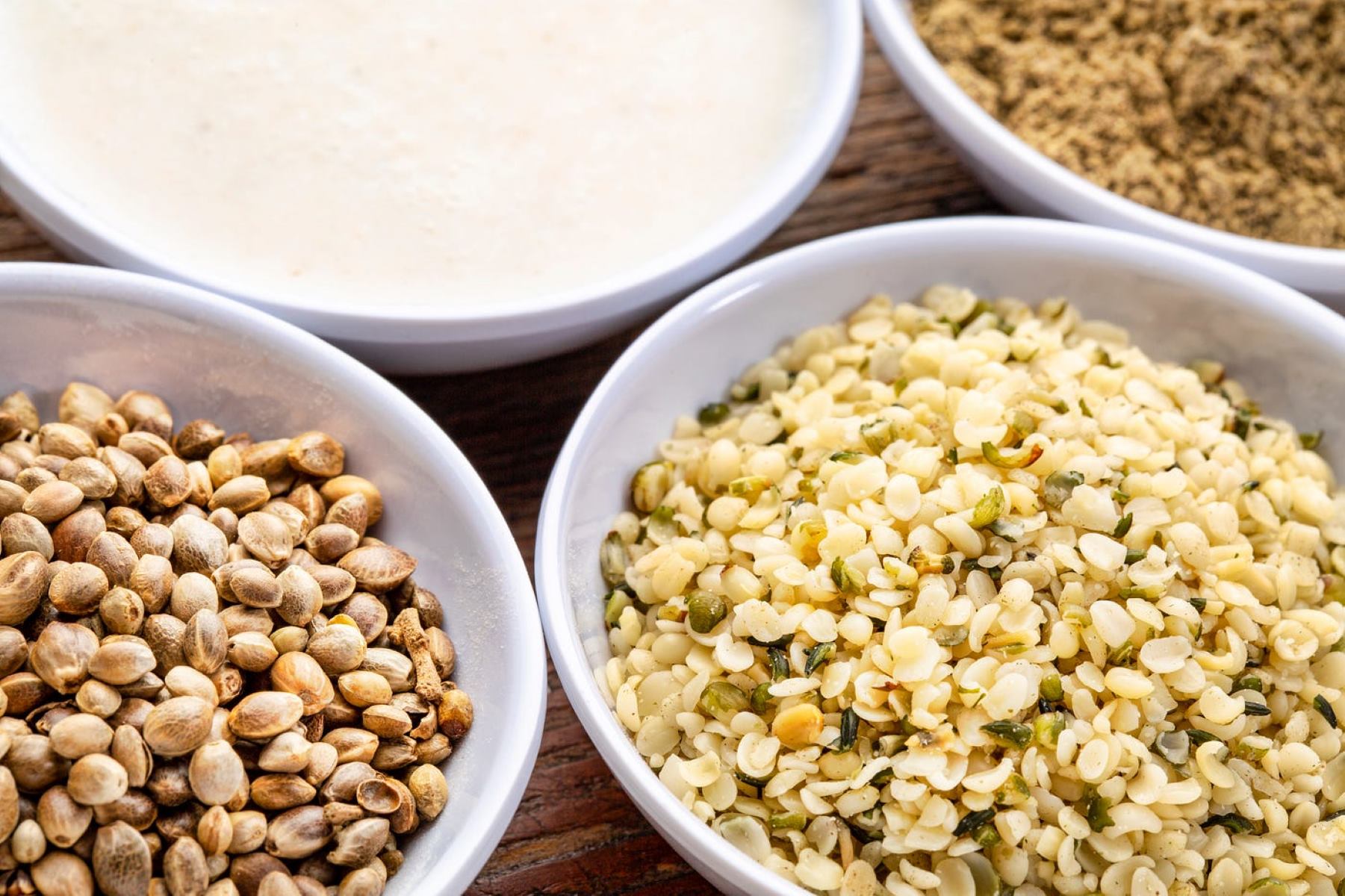
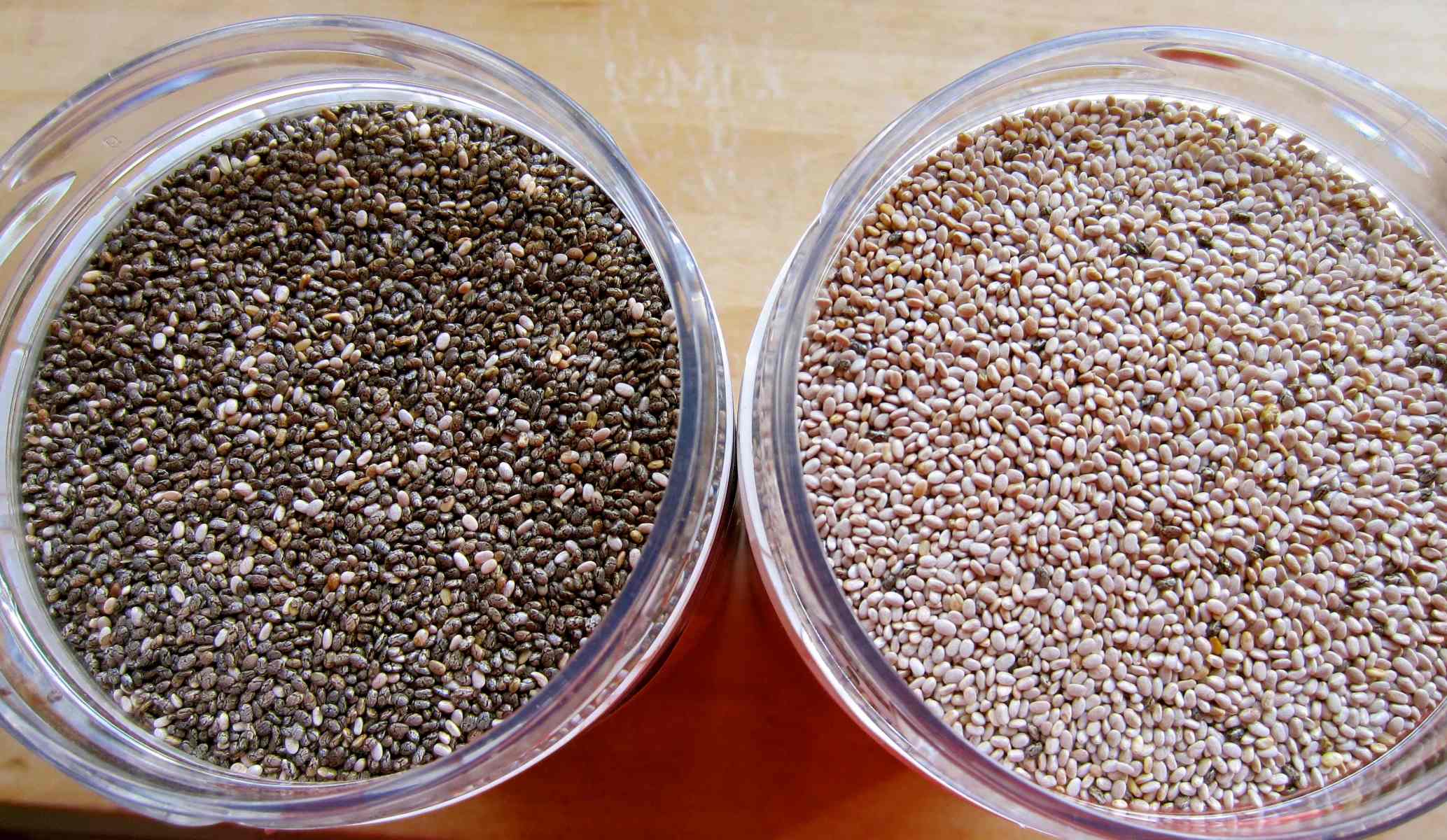
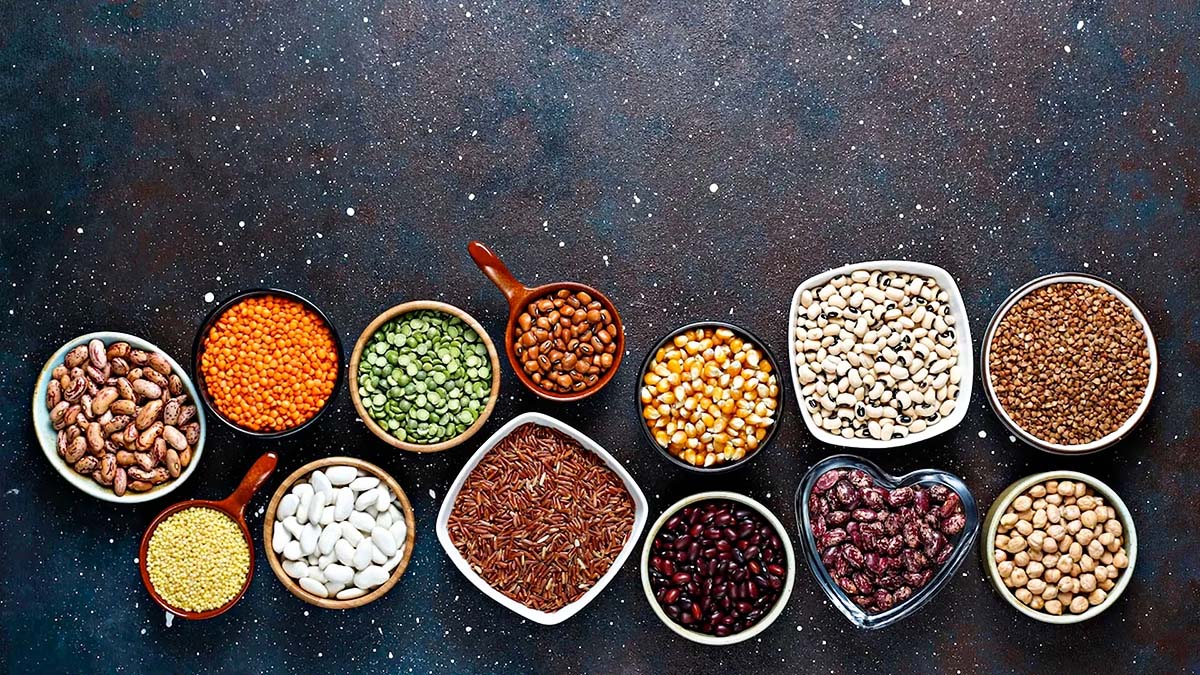
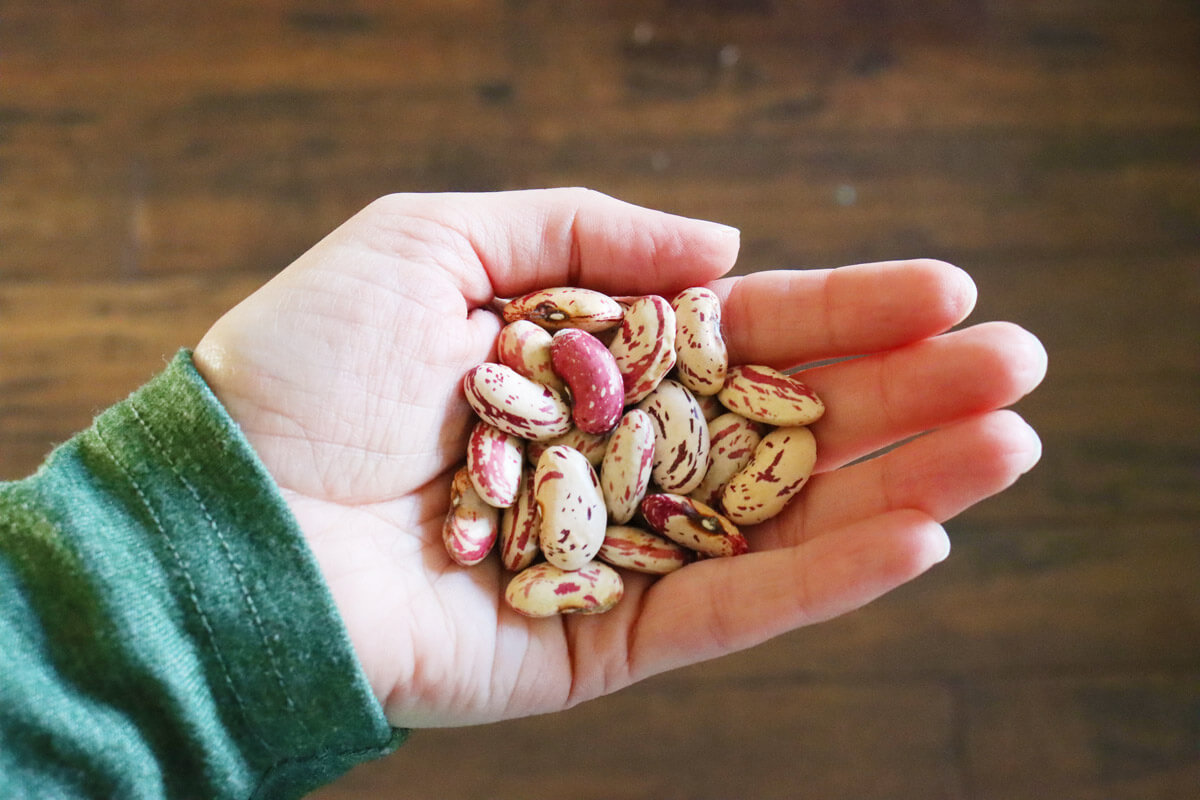
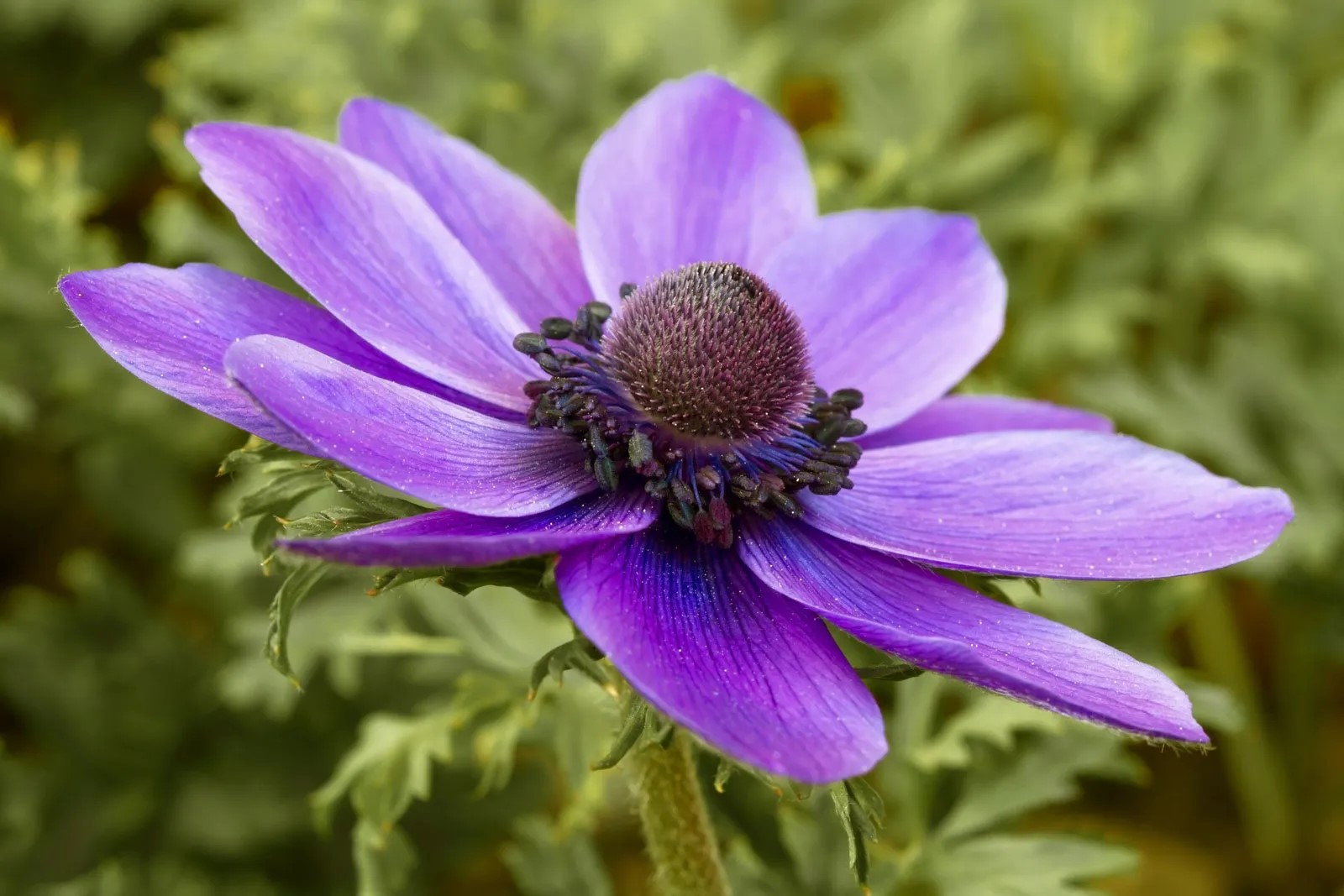
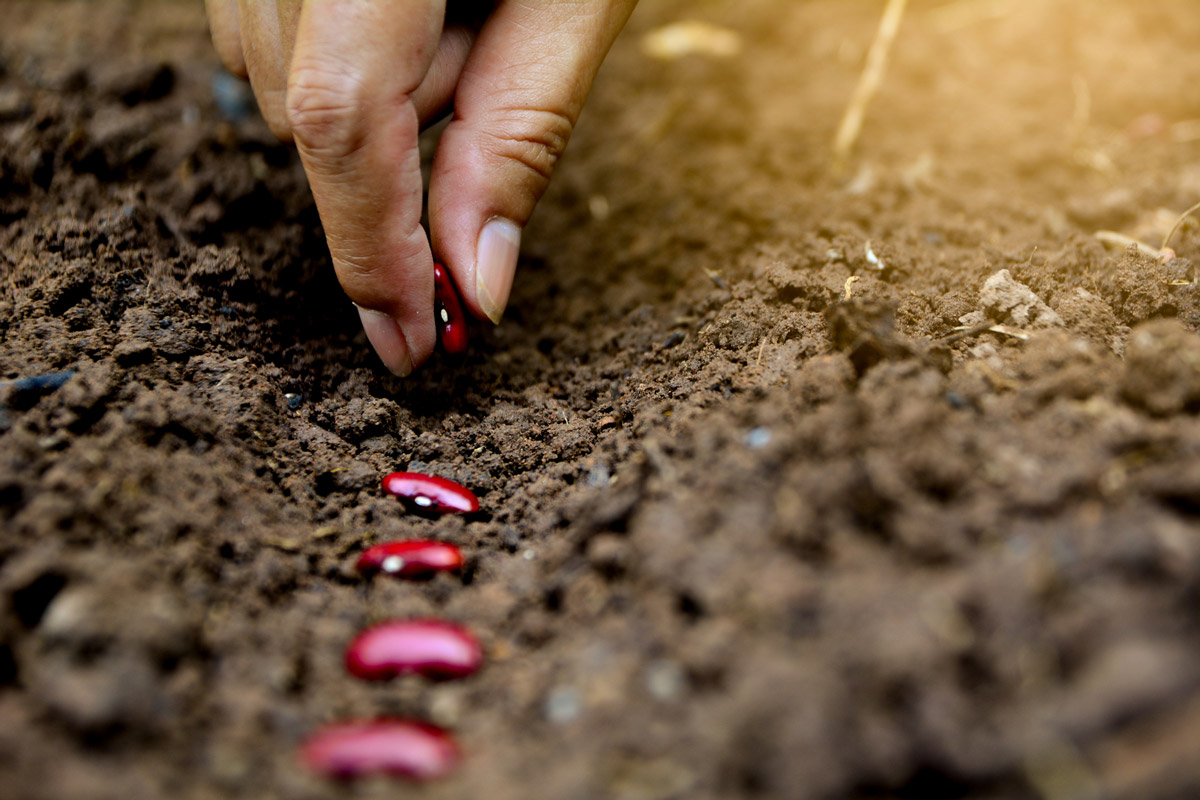


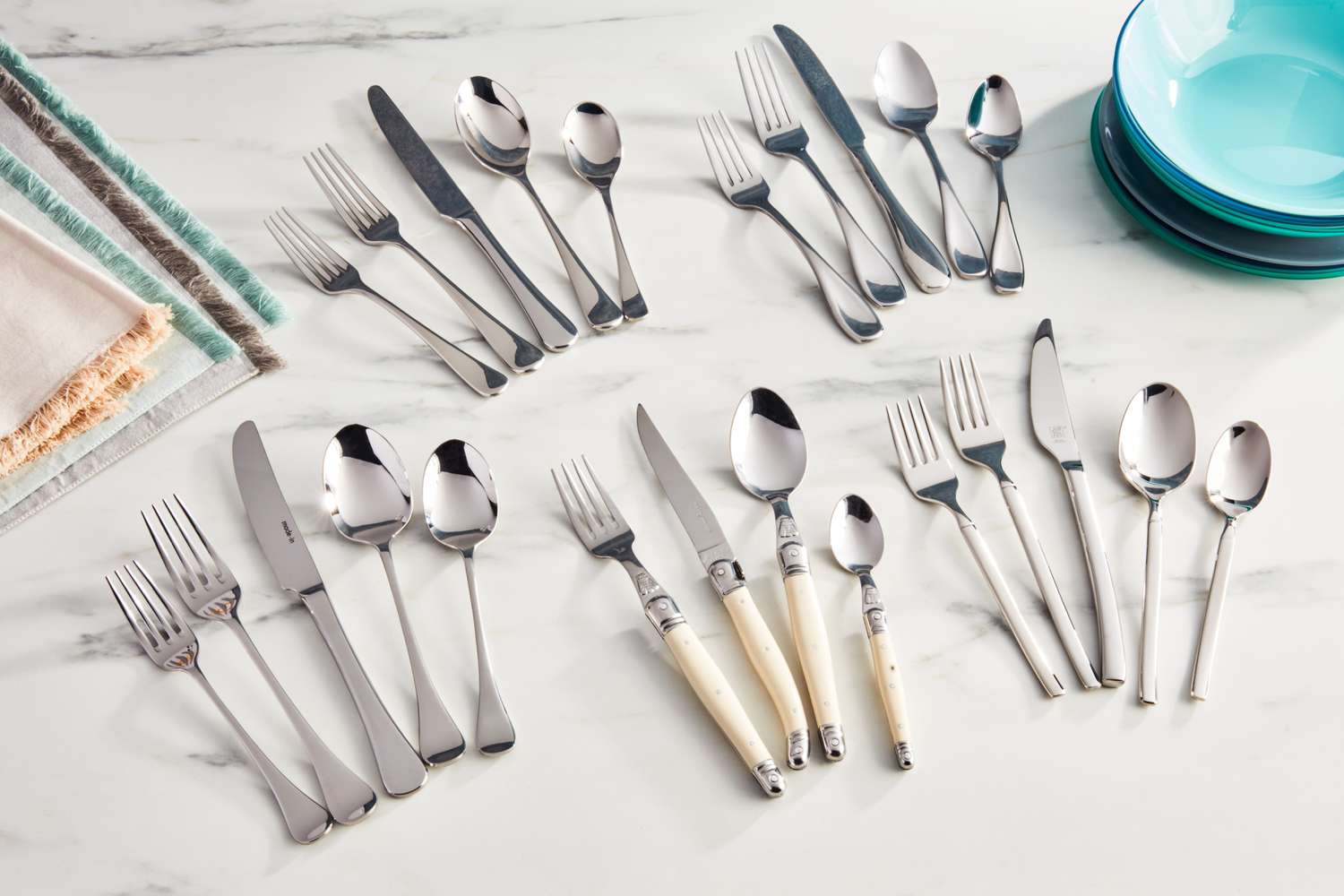

0 thoughts on “What’s The Difference Between Hybrid And Heirloom Seeds”